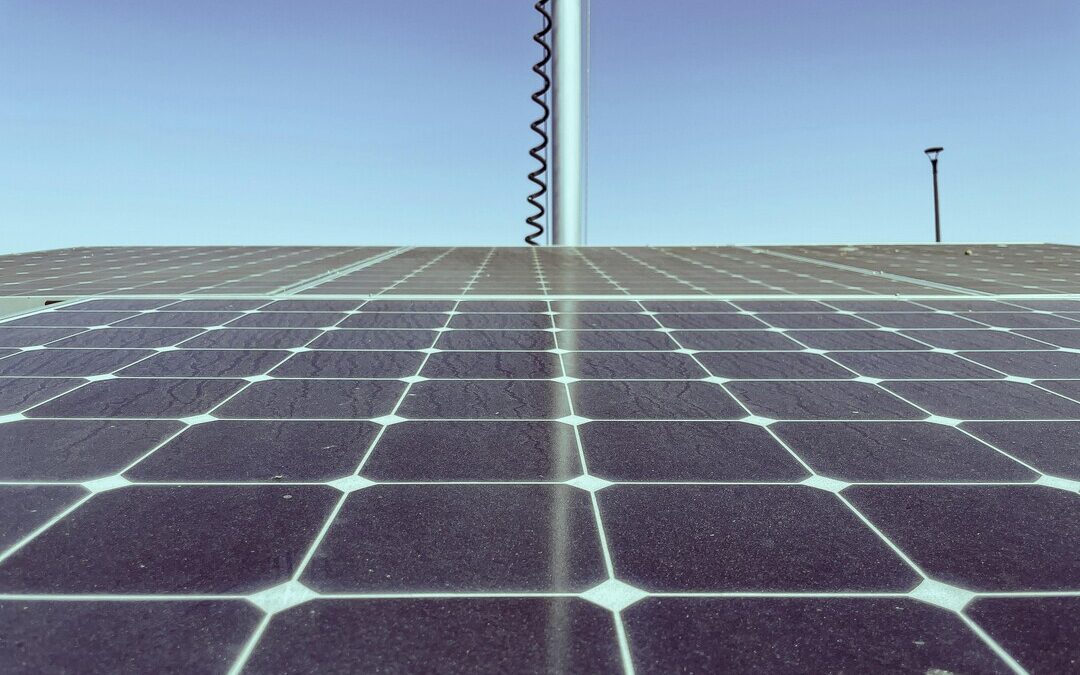ACWA Power, L&T Ink Pact for Renewables Scope of Yanbu Green Hydrogen Hub
ACWA Power and L&T advance Saudi Arabia’s Yanbu hub to boost global exports of green hydrogen and renewable energy.
Saudi Arabia’s ACWA Power and India’s Larsen & Toubro signed a memorandum of understanding on Monday to develop the renewables and grid scope of the Yanbu Green Ammonia Project, a centerpiece of the kingdom’s clean energy ambitions.
The Yanbu Green Hydrogen Hub is planned as a fully integrated facility powered entirely by solar and wind energy. The renewables and grid segment will cover solar PV, wind, battery energy storage plants and supporting substations and transmission lines.
Collaboration Framework
The memorandum establishes a framework for configuring and meeting performance goals for the project’s renewable and grid systems. Under the deal, L&T will enter an engineering, procurement and construction contract once its final proposal is approved.
L&T said its engineering expertise will ensure the robust integration of renewable technologies while raising standards in safety, sustainability and project delivery.
Executives Stress Global Energy Transition
Marco Arcelli, chief executive of ACWA Power, said the Yanbu project reflects the rapid pace of Saudi Arabia’s clean energy development.
“By developing and exporting green ammonia, we aim to support global decarbonization and enable a cleaner, more sustainable world,” he said.
T. Madhava Das, board member and senior executive vice president of L&T, said Saudi Arabia has emerged as a leader in clean energy.
“The kingdom develops ultra-mega projects with clear timelines and produces renewable energy at competitive rates. This MOU marks a major milestone in our trusted partnership with ACWA,” he said.
Part of Broader Saudi Push
The deal builds on a wider set of agreements ACWA Power signed in July with European companies and technology providers to strengthen green hydrogen and renewable energy export links between Saudi Arabia and Europe.
Those pacts included Italian utility Edison, France’s TotalEnergies Renewables, German utility EnBW and Italian developer Zhero Europe.
ACWA Power also struck agreements with engineering and grid specialists such as CESI, Prysmian, GE Vernova, Siemens Energy and Hitachi Energy. These partnerships aim to build high-capacity transmission corridors and improve cross-border energy infrastructure reliability.
A joint development agreement with Germany’s EnBW specifically advanced work on the Yanbu Green Hydrogen Hub, which is expected to be operational by 2030. The project will feature renewable-powered electricity generation, desalination facilities for hydrogen electrolysis, ammonia conversion plants, and a dedicated export terminal.
Strategic Role in IMEC
Saudi Arabia is leveraging its strategic location between Asia and Europe to strengthen its role in the India-Middle East-Europe Economic Corridor, an initiative aimed at enhancing logistics and energy connectivity.
At a Riyadh workshop in July, Saudi Energy Minister Prince Abdulaziz bin Salman highlighted the kingdom’s efforts to diversify its energy mix, export renewable power and green hydrogen, and anchor the IMEC project.
Officials stated that the agreements signed at the time, along with the new L&T collaboration, highlights Saudi Arabia’s position as a reliable supplier of clean energy and its alignment with Vision 2030 goals to drive sustainability and economic diversification.
Also Read:
India Pushes to Become Global Hub for Green Hydrogen Innovation
Nirmal Menon
Related posts

Subscribe
Error: Contact form not found.


